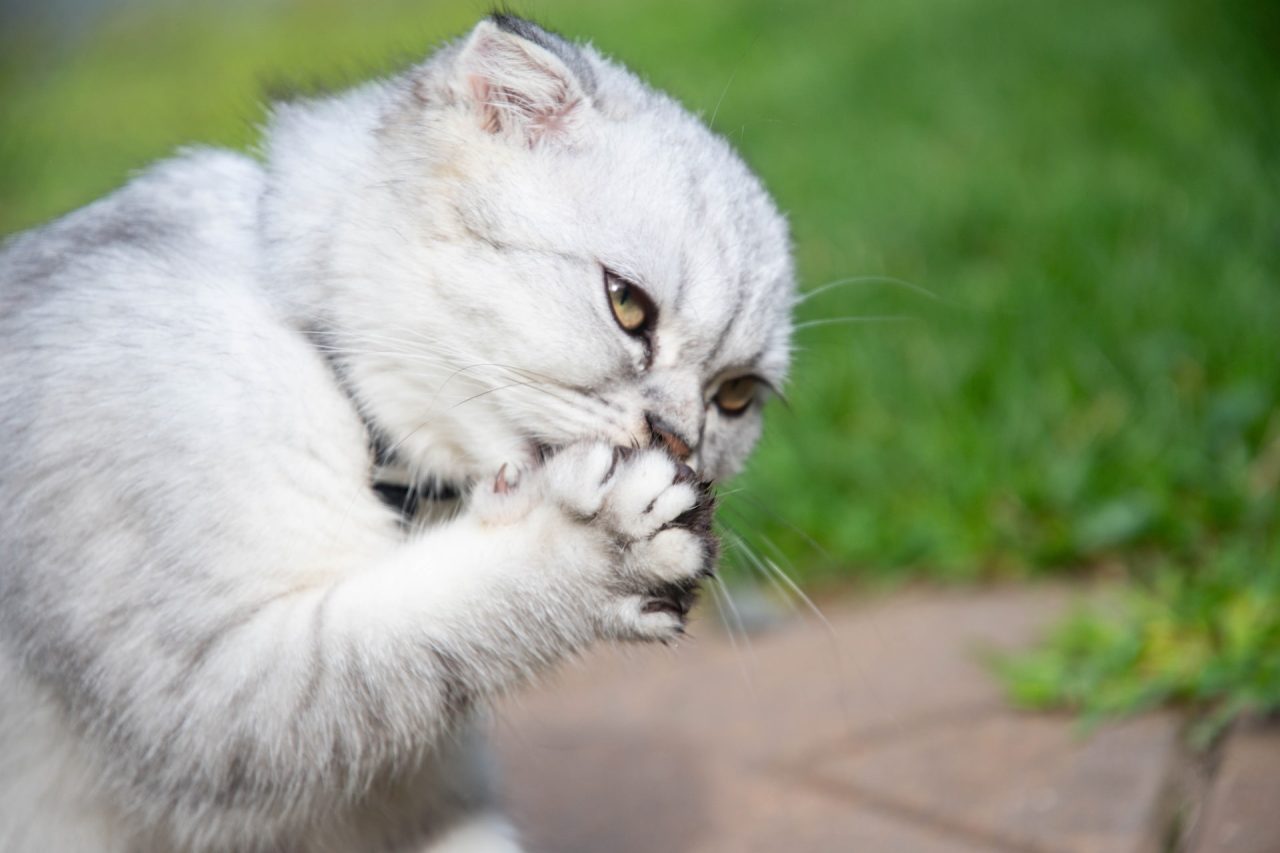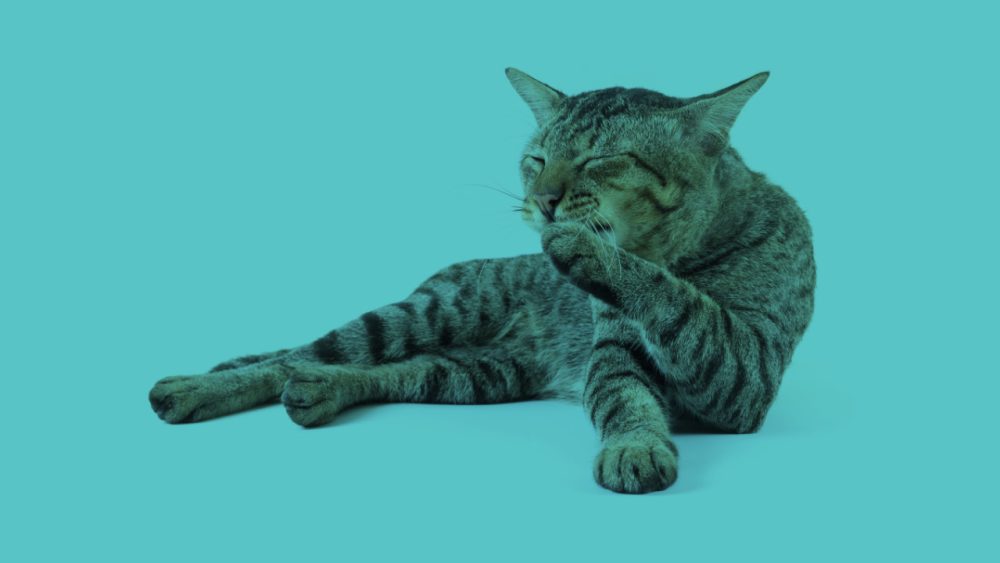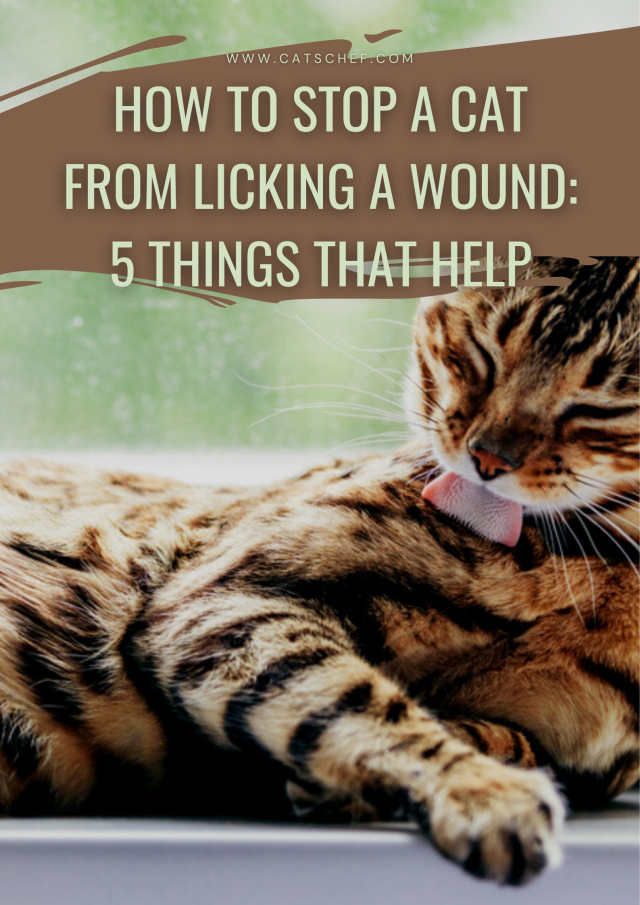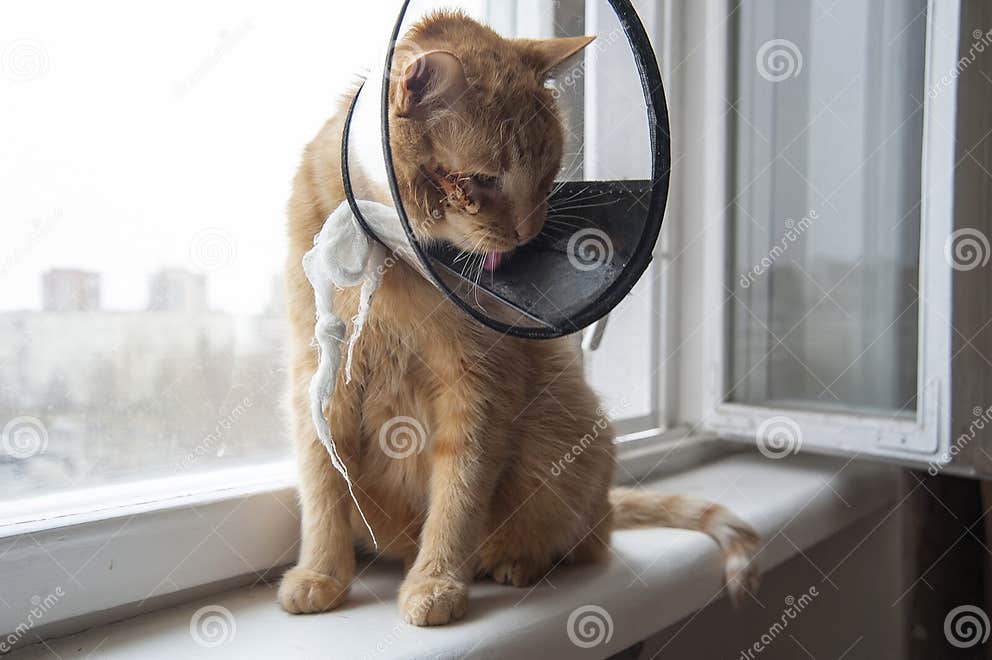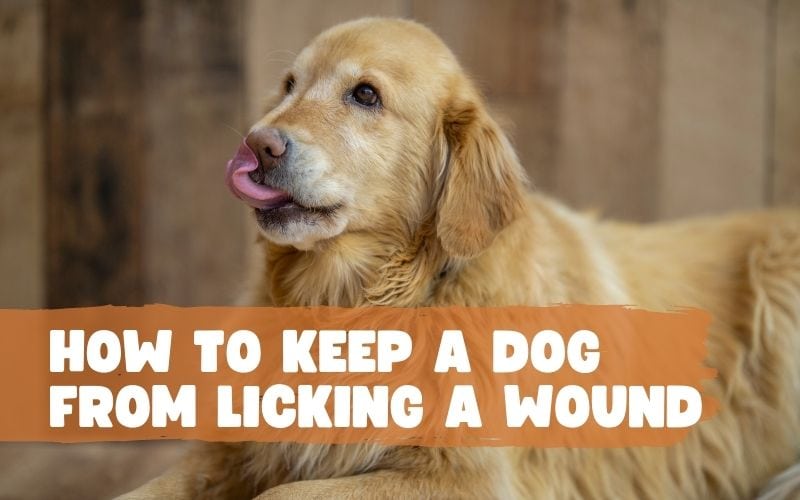Divine Info About How To Stop A Cat From Licking Wound
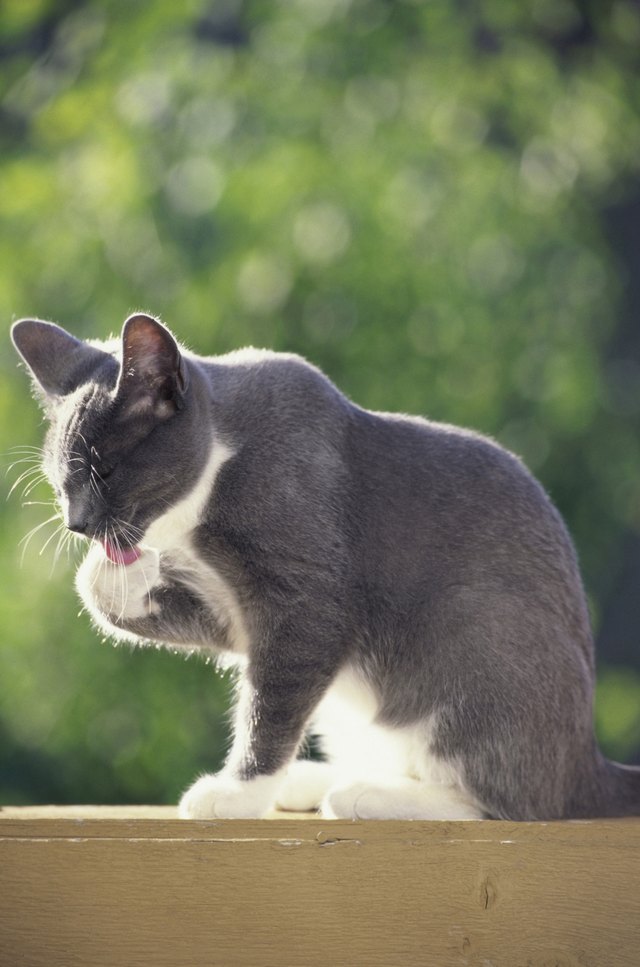
Treatment options may include medication, behavioral therapy, or changes in environment.
How to stop a cat from licking a wound. Stock a container with basic first aid items for your pet. Smaller wounds can be covered and wrapped in bandages to prevent your cat from licking them. One of the reasons that cats lick excessively is because they’re bored.
Cover the wound with a gauze bandage and wrap it with a rubber. Place several drops of one of these fluids on your cat's fur. A rescue dog from minnesota has recently gone viral for his incredible patience, after his new owner shared a video of his heartwarming reaction to his new cat.
Some cats with a mild compulsion to lick may respond to the application of bitter tasting products to bandages covering the wound. Understand why your cat’s wound licking requires your attention for proper healing. The most common times you might have to prevent a cat from licking are:
Use elizabethan collars or alternative protective measures. Consulting your veterinarian. Provide your cat with more entertainment, and you could stop.
The first step in addressing your cat’s wound licking is to consult your veterinarian. Always have your pet examined by a vet right away for any deep penetrating wounds. How to stop a cat from licking a wound:
However, only a vet should apply a bandage on your cat’s wound after thorough cleaning and wound flushing, as not all wounds require bandaging. Learn the signs indicating when it’s necessary to intervene in. One effective home remedy to stop cat licking naturally is to apply a small amount of plain petroleum jelly on the cat’s paw for them to lick off and swallow.
There are different types of. Lemon juice and vinegar are two sour substances that your cat is likely to avoid. Stress management is huge for cats with anxiety.
One of the ways to get your cat to stop licking a wound is to wrap a bandage around it.





